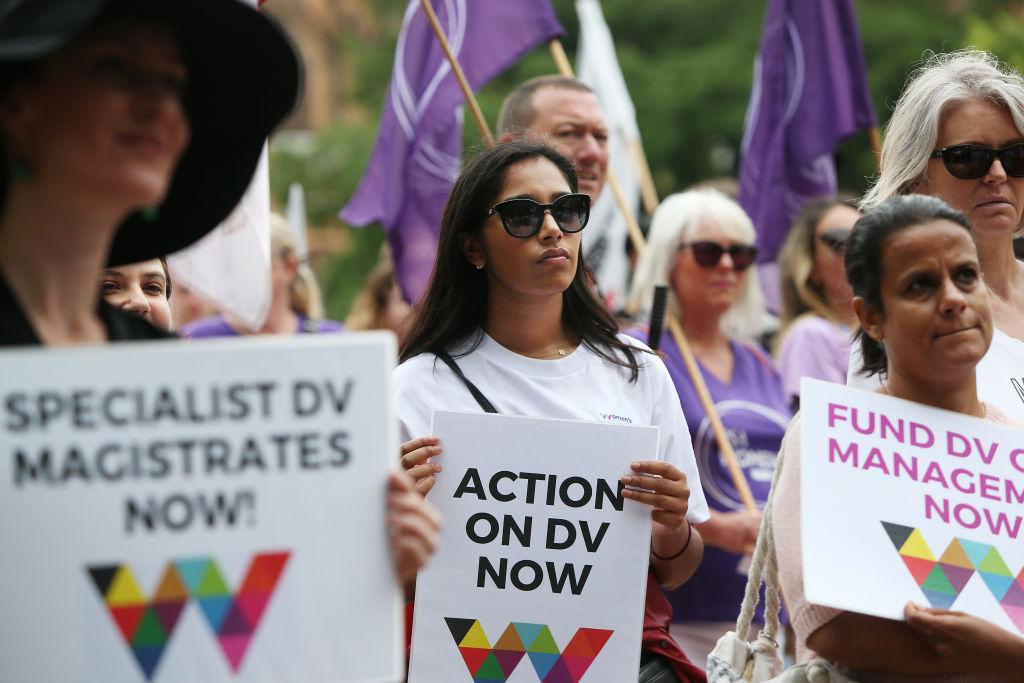Commentary
While domestic violence against women is constantly mentioned by Australian politicians and duly highlighted by the national media, violence against men in this country is rarely reported and largely ignored by everyone. There is a constant pressure to phrase this issue only as a “male problem,” thus placing all the blame for such violence on Australian men as a collective group.





